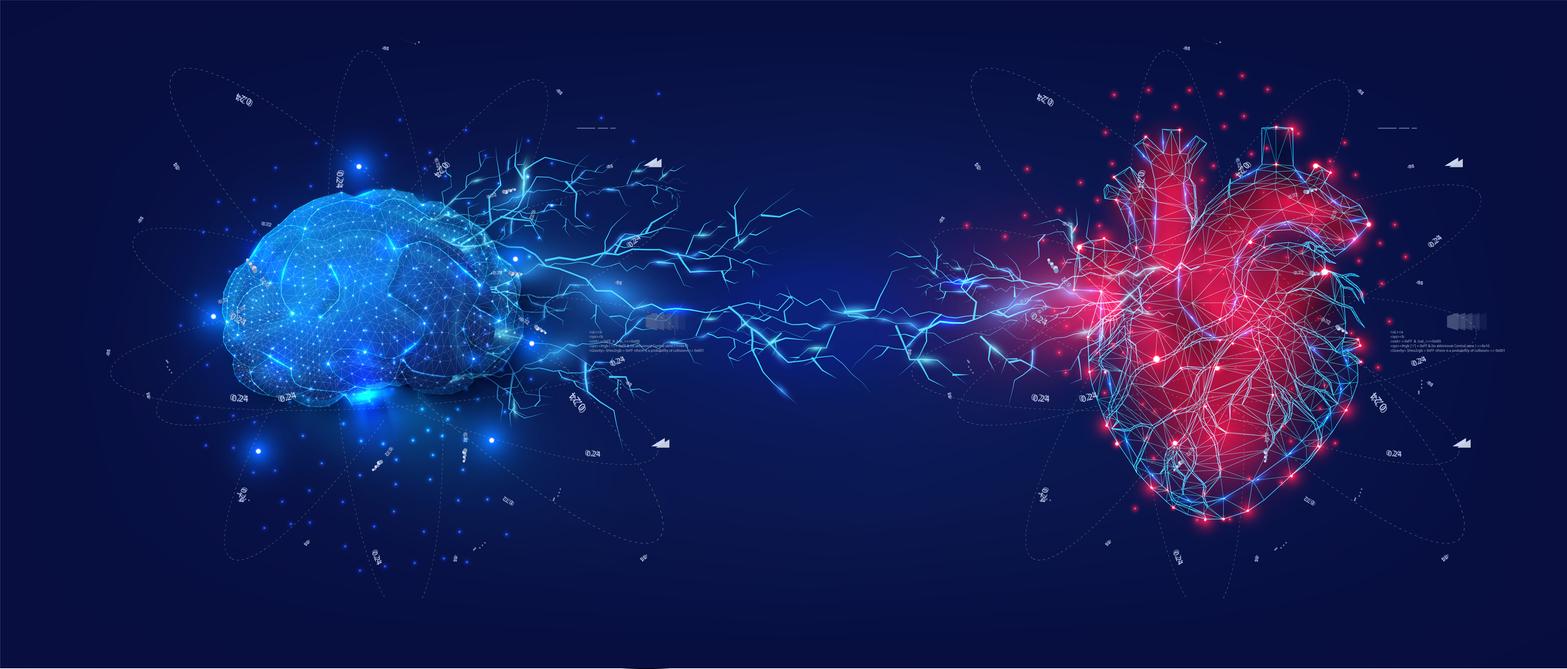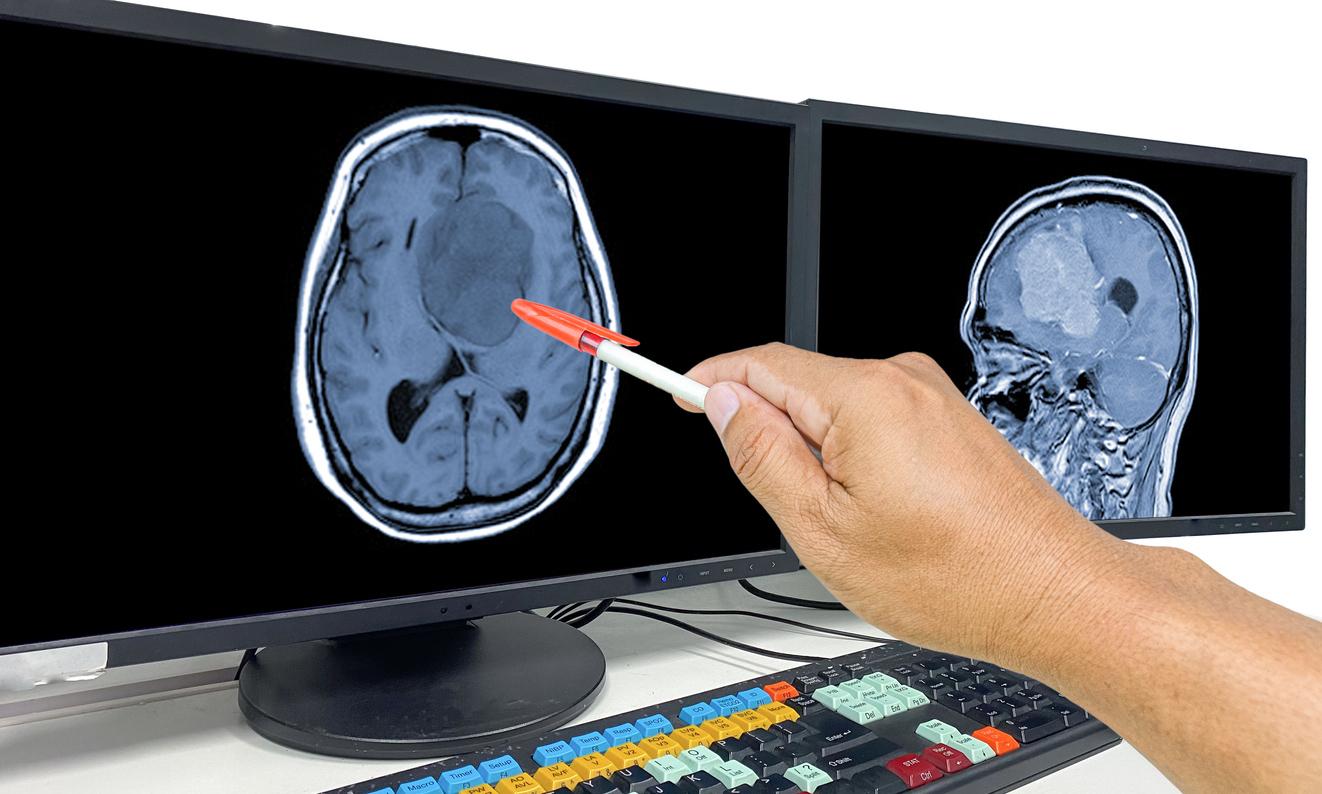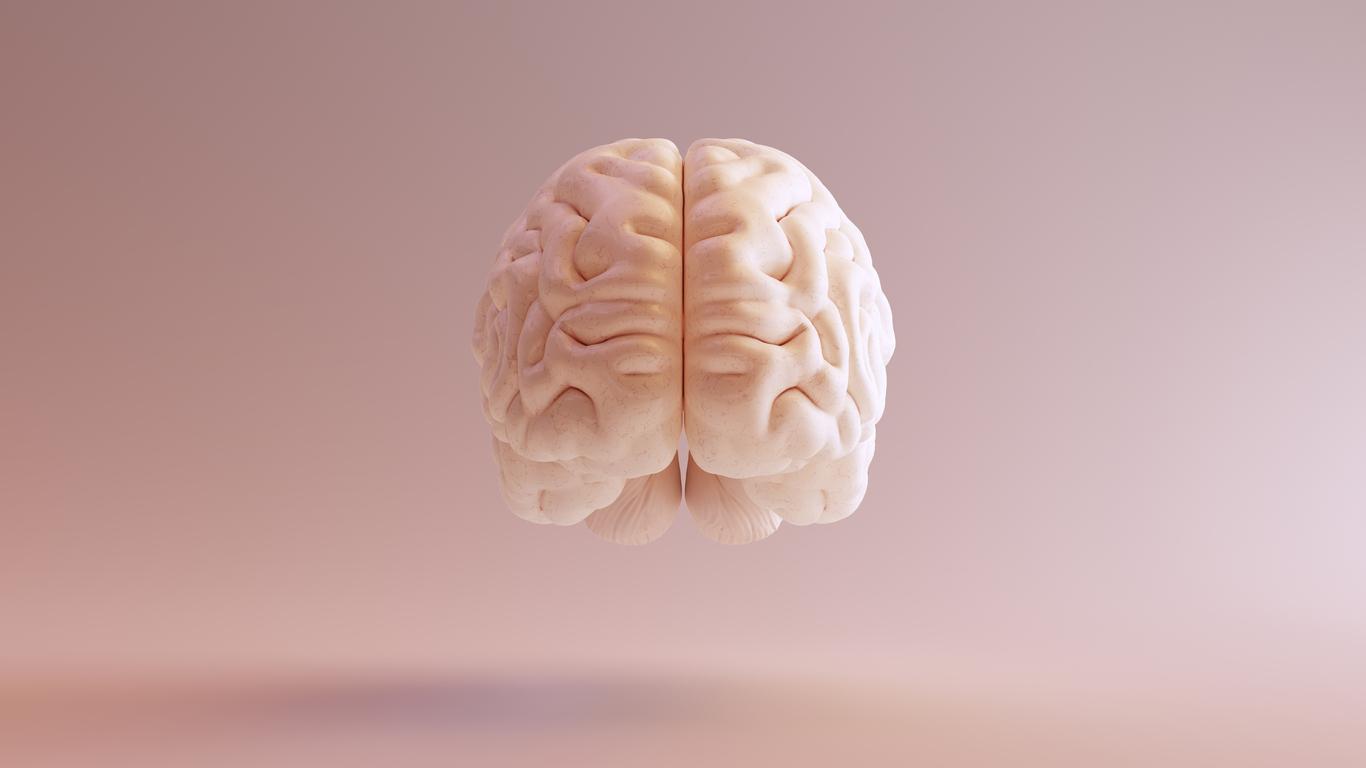A molecule tested in a study would have the ability to increase participants’ sense of justice and empathy.

What if it only took one pill to make the world just and caring, full of compassion and empathy for one another? No, this is not the synopsis of a science fiction film, nor the ramblings of a mad pharmacologist – but a question induced by work carried out at the University of California and published in the journal Current Biology.
Gambling
Researchers have conducted tests on a molecule, tolcapone, used in the treatment of Parkinson’s disease. They brought together 35 participants, to whom they administered a tablet containing either the active principle or a placebo. After taking the substance, the study subjects engaged in economic games meant to reflect their generosity and sense of fairness. They thus had to share a sum of money between themselves and an anonymous recipient.
However, according to the researchers, the group that received tolcapone was much more fair and charitable than the control group. The authors of the study observed in these participants an economic “aversion to inequality”.
Previous studies have made it possible to locate in the brain the areas involved in the perception of socio-economic equality – in this case, the prefrontal cortex. Tolcapone would stimulate this activity by increasing dopamine levels in this area of the brain.
Chemical generosity
Altruism, a matter of chemistry? A whole model of morality and education crumbles… The authors of the study anticipate the criticisms. “We generally believe that a sense of fairness is a stable character trait. Our work does not reject this notion but it does prove that this element of the personality can be affected by targeting specific neurochemical processes, ”they write.
Moreover, the molecule could initially have other applications, certainly less ambitious than the creation of a world without injustice, but nevertheless worthy of interest. “This drug could in particular be useful as part of a treatment against schizophrenia and against addictions”, because of its action on the prefrontal cortex, explain the authors.
Liver toxicity
However, it should be noted that tolcapone appears in the list of drugs “more dangerous than useful” established by the journal Prescrire. In France, the molecule was withdrawn from the market two months after its marketing in 1998, following reported cases of acute fatal hepatitis. It has since been put back on the market “on the basis of a study that evaluated its effectiveness, and pharmacovigilance data from countries where the MA has been maintained”, indicates the HAS (Haute Autorité de Santé) in a report.
.















